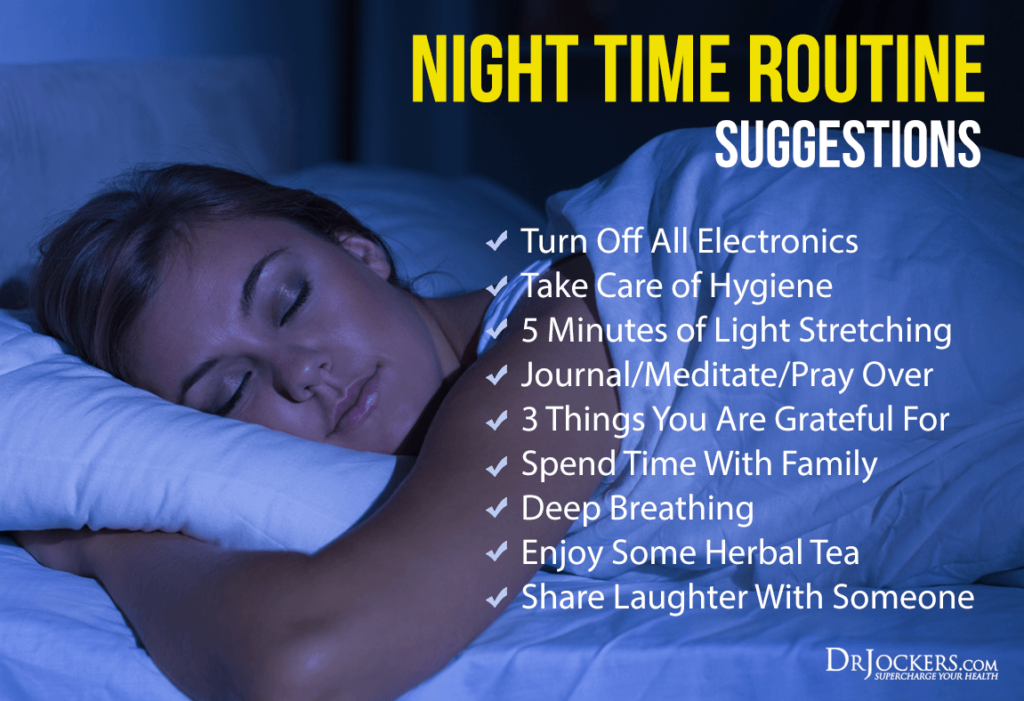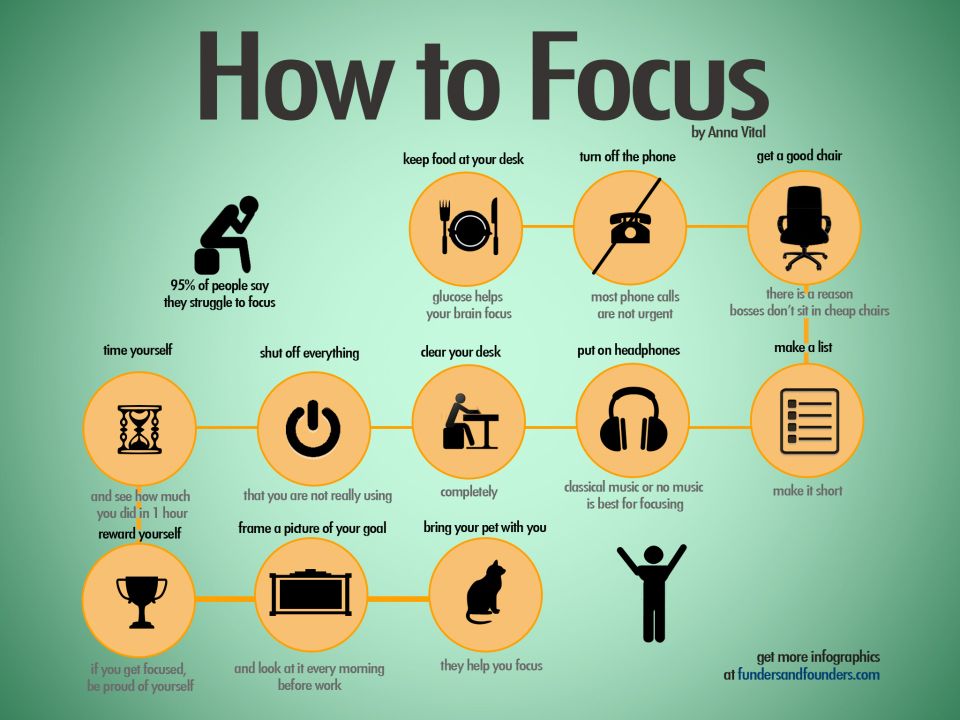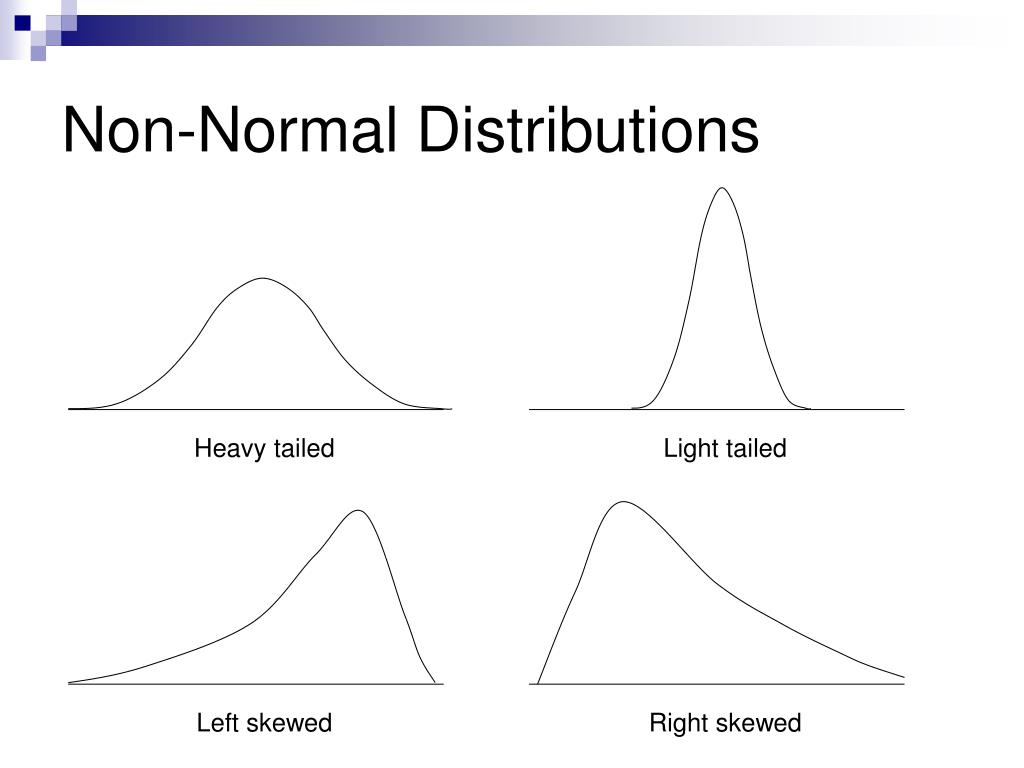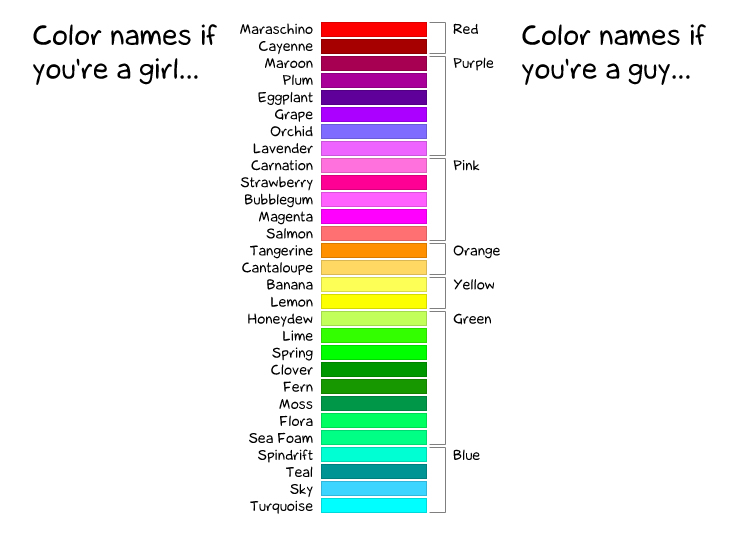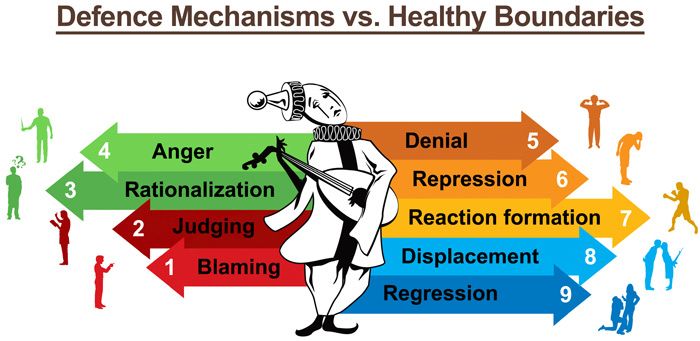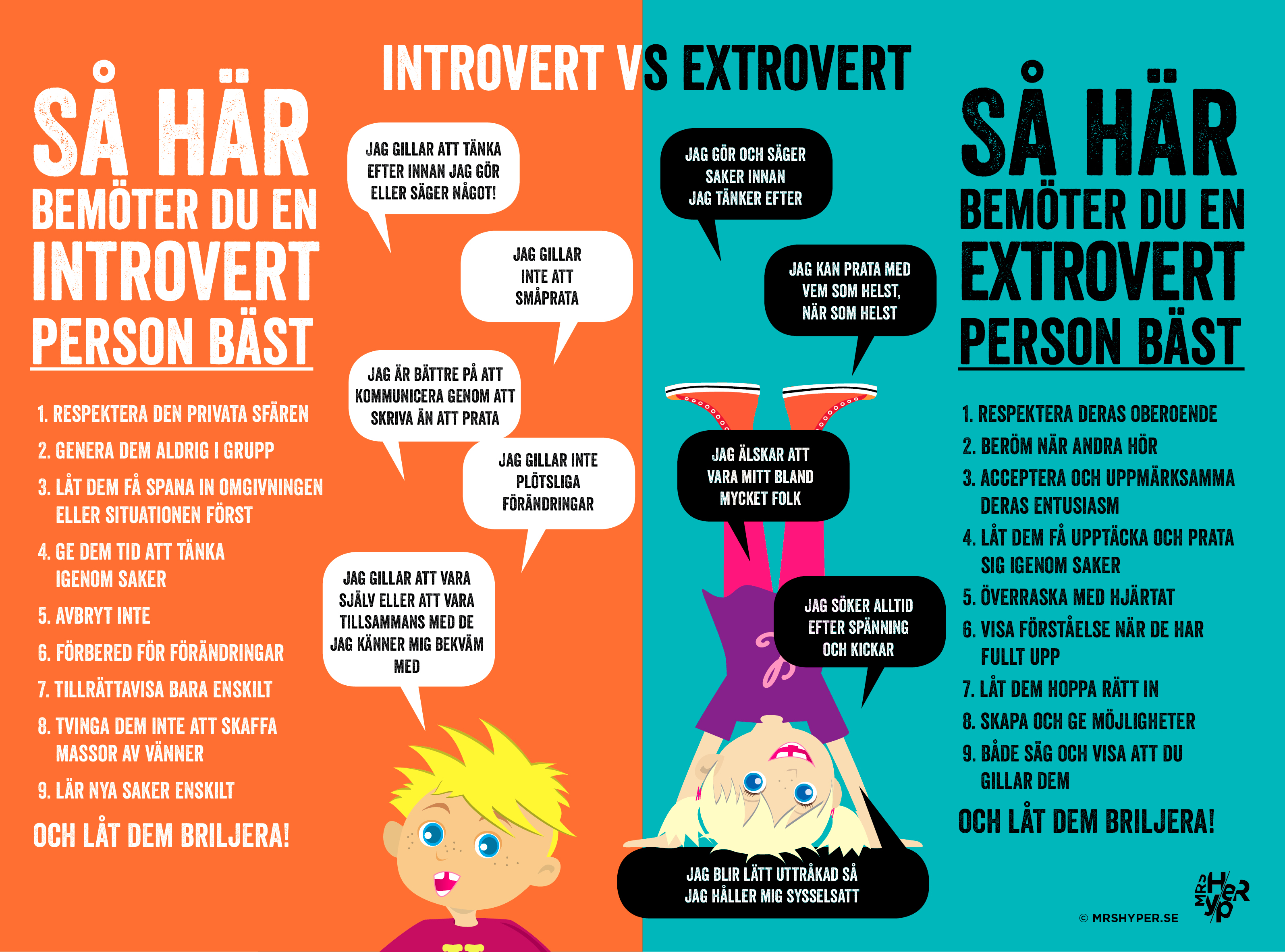Meditating instead of sleeping
Do You Need Less Sleep When You Meditate?
It’s no secret that meditation can help you increase awareness, improve health and reduce stress. But despite its many benefits, it can be a struggle to fit meditation into your busy schedule.
What if there were an alternative? Research is showing that meditation can actually replace sleep. Instead of trying to work it into your regular day, you can try meditating in place of sleep.
Meditation increases short term mental performance and reduces need for sleep.
This was the conclusion of a 2010 University of Kentucky study that looked at different groups of meditators.
The first part of the study found that after 40 minutes of meditating, novice meditators did better on a mental performance test compared to their normal performance. This suggests the participants were mentally well-rested after the meditation.
Interestingly, their mental performance returned to normal when tested again after one hour. They were also tested after a 40-minute nap, and their performance was worse than normal.
The second part of the study looked at the amount of sleep and mental acuity of experienced meditators compared to a group of non-meditators. Each of the meditators had at least 3 years of meditation experience and meditated for 2.3 hours per day on average.
Researchers found that the meditators slept an average of 5.2 hours per night, compared to 7.8 hours for the non-meditator group. The experienced meditators tested well on their mental performance and had no signs of sleep deprivation, regardless of their lower hours of sleep.
There may be a learning curve.
A study published by the New York Academy of Sciences concluded that Buddhist types of meditation practices may improve wakefulness and reduce the need for sleep, especially in long-term practice.
The researchers found that reduced sleep is fairly common during times of intensive meditative practice, such as multi-day silent retreats. Sleeping less is often considered a sign of meditative skill and progress. Buddhist texts suggest that proficient meditators sleep around 4 hours a night.
Sleeping less is often considered a sign of meditative skill and progress. Buddhist texts suggest that proficient meditators sleep around 4 hours a night.
In addition, the study found that novice meditators often go through an adjustment period. For instance, they spoke to a meditator who had done a 3-month Tibetan-style shamatha retreat. She said she actually slept more than usual in the first two weeks of the intensive retreat. Then her sleep began to diminish to 1.5 to 3 hours per night by the eighth week.
This trend has been shown in many different studies, even for new meditators who start with short periods of meditation. It appears the effort involved in learning a new meditative practice may cause more fatigue at first. Then the later stages produce greater wakefulness during the day and a reduced need for sleep at night.
Suggestions for trying this at home.
To start out, Bruce O’Hara from the University of Kentucky recommends you only replace half the amount of sleep with meditation.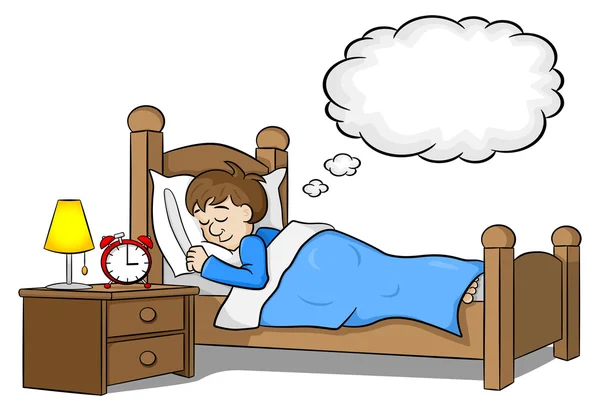 For instance, replace one hour of sleep with two hours of meditation.
For instance, replace one hour of sleep with two hours of meditation.
If diving into 2-hour blocks of meditation sounds intimidating, try starting with 10-minute sessions once a day. You can set your morning alarm 10 minutes earlier, and either sit up or continue lying down for a short meditation practice.
As the New York Academy of Science study showed, it may take a while to adjust to a new meditation routine. You might need more sleep at first. Pay close attention to how you feel during the day and how your body responds as you try out different schedules. You can slowly increase the length of your meditation sessions and experiment with shorter sleep times.
Which meditation practice should you choose? There isn’t one type of meditation that suits all people. You may need to try out a few in order to find one that you like and will enjoy practicing. Live and Dare has a good overview of some common types of meditation.
SOURCE: http://www.care2.com/greenliving/do-you-need-less-sleep-when-you-meditate.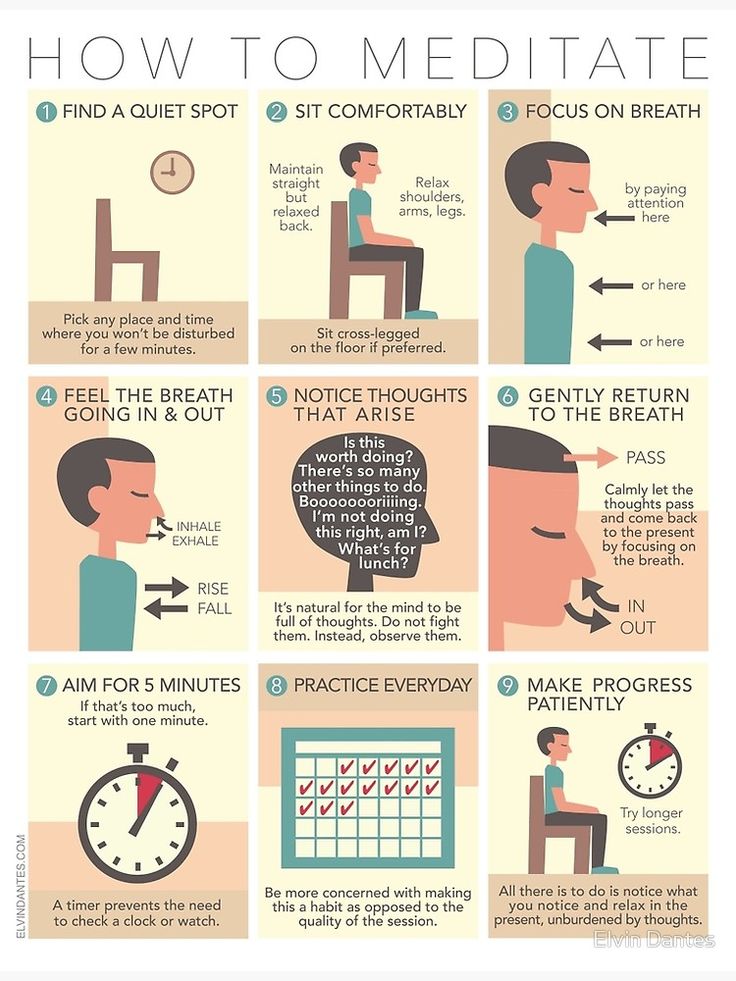 html
html
Can Meditation Replace Sleep? Find Out Before You Try It!
Too much to do and not enough time? Maybe meditation can replace sleep and give us more time to check off our to-do lists. Find out before you try it!
Denise Everheart
I think we have all tried to get by on less sleep at one time or another. And we have also tried to recover from a lack of sleep from time to time, perhaps even struggling with long-term insomnia issues. So, it’s no wonder that many of us would like to try to figure out how to replace sleep, especially given our long to-do lists. And meditation seems like a good solution! But before you try to replace sleep with meditation there are some things to consider. Let’s dive in!
Differences and similarities between meditation and sleepAlthough we never question whether or not we are meditating during sleep, we can sometimes wonder if we are sleeping during meditation. Why is that? Because meditation has some things in common with sleep. Here are some of the similarities and differences between meditation and sleep.
Why is that? Because meditation has some things in common with sleep. Here are some of the similarities and differences between meditation and sleep.
Even though sleep and meditation are clearly different in many ways, it’s easy to see why we might think we can replace sleep with meditation given that both provide rest along with lower heart and breath rates. But given the body’s need for Delta waves- only provided in deep sleep- we cannot substitute meditation for sleep. However, we can supplement sleep by adding a meditation practice that may in the long run reduce the overall need for sleep. At the very least, you will have more energy and greater mental focus, as well as improved sleep quality. It is also possible to resolve many sleep issues like insomnia with a regular meditation practice since meditation significantly reduces stress.
How meditation can help you reduce your need for sleepIf your work/life balance is out of whack, your need for sleep probably is too.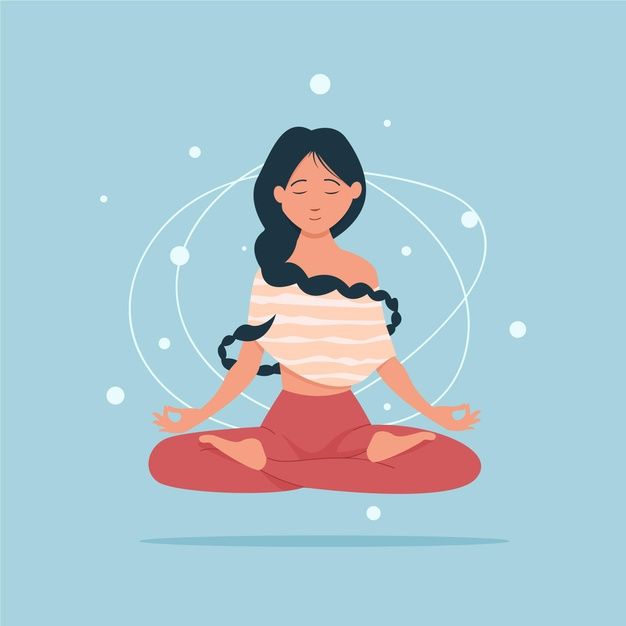 Not getting enough quality sleep or oversleeping more than your schedule permits can lead to too much fatigue and stress. By adding meditation to your daily routine you will give your mind and body a chance to recover from stress and fatigue long before your head ever hits the pillow. That is if you do it right.
Not getting enough quality sleep or oversleeping more than your schedule permits can lead to too much fatigue and stress. By adding meditation to your daily routine you will give your mind and body a chance to recover from stress and fatigue long before your head ever hits the pillow. That is if you do it right.
Meditation in the morning is an ideal way to start your day since it can give you an energy boost. So it’s probably best to avoid meditating before bed unless you are using a body scan meditation or other guided sleep meditation.
With other meditation techniques, like mantra-based or breath-based meditation, there will likely be an increase in energy following your meditation session. Be sure to do these techniques earlier rather than later in the day so you don’t end up being too energized at bedtime.
Ancient yogis and those who meditate daily without a gap over a longer period of time (modern-day yogis) experience deeper sleep states and can get by with less sleep.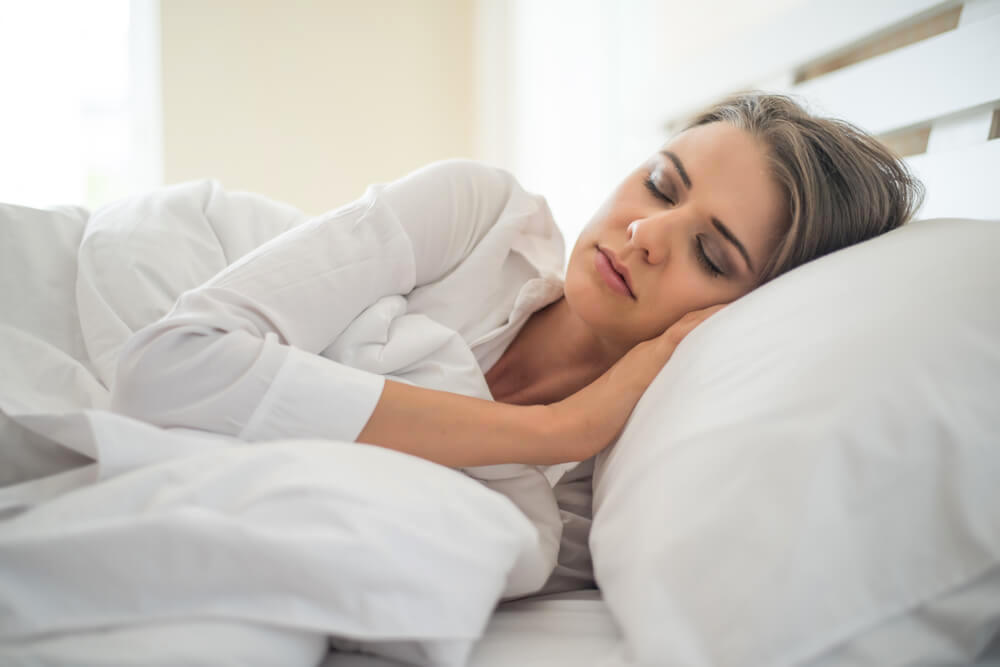 And SKY Breath Meditation practitioners experience deeper, better sleep as early as their very first session.
And SKY Breath Meditation practitioners experience deeper, better sleep as early as their very first session.
I hear you...can I swap out 30 to 60 minutes of sleep with the occasional 20 minutes of meditation? Maybe. Oregon State University’s College of Business found that about 10 minutes of meditation could replace 44 minutes of sleep. But this doesn’t seem to translate into meditating for 110 minutes in place of a full night’s sleep. Remember those Delta waves? Unless you are a true master of meditation you’re gonna need to get those Delta waves in bigger doses.
Rather than trying to swap out sleep for meditation, the better way might be to add meditation on a regular basis. Keep your normal sleep routine and see if over time you need a little less sleep. Many meditators do!
But if you have an occasional sleepless night, definitely take time to squeeze in an extra 10 to 20 minutes of meditation. Nobody wants to navigate their day feeling like a zombie!
Nobody wants to navigate their day feeling like a zombie!
If you want to sleep better, and I think we all do, SKY Breath Meditation is a great solution to sleep issues. In fact, many SKY participants report that they sleep better after their very first SKY session. In addition, those who make a SKY practice part of their daily routine often find their need for sleep can also decrease.
Here are some bonus benefits of SKY Breath Meditation that could also contribute to better sleep quality:Significant reduction in clinical/non-clinical anxiety
Significant reduction in clinical/non-clinical depression
Decrease in serum cortisol levels (stress hormone)
Reduced addictive behaviors
Healthier blood pressure
Reduces PTSD
Other non-sleep-related benefits include greater mental focus, enhanced optimism, improved respiratory function, increased life satisfaction, better immunity, and more.
SKY Breath Meditation is your one-stop meditation technique for mental and physical well-being, especially if you want to sleep better! So before you fall asleep tonight, sign up for a free breath and meditation session. Learn what millions have already learned- SKY is an awesome tool for living a better life and having better sleep!
Rest well!
How Yogic Sleep Can Help Improve Sleep
Yoga Nidra is a guided meditation that promotes deep relaxation and strengthens the mind-body connection.
The famous yoga teacher and guru Swami Satyananda Saraswati perfectly answers the question "What is Yoga Nidra?", speaking of it as "reaching the boundary between the states of wakefulness and sleep."
To prepare for guided meditation, the practitioner lies either on the floor on a mat or on a bed. It will start with breath awareness exercises to slow down the heart rate and then move on to more advanced yoga nidra exercises.
Yoga Nidra offers a wide range of benefits and can even be used as a treatment for numerous ailments, bringing the body into a state of healing. One of the most notable benefits of this restorative practice is the improvement and regulation of the sleep cycle. Regular use of meditation can improve sleep habits, help people rest more soundly, fall asleep faster, and achieve a deeper state of rest. The results will help strengthen inner peace and improve the quality of life.
Yoga Nidra is also used to treat sleep related problems, including chronic insomnia. Read our yoga nidra benefits article to learn more about the potential benefits.
Ten Important Reasons Why a Healthy Sleep Cycle is Important
- Rest is critical to a healthy immune system. People who sleep less than seven hours a night are three times more likely to get a cold than those who get eight or more hours of sleep.
- People who sleep well consume fewer calories. Those who lack sleep are prone to increased appetite because their daily fluctuation of appetite hormones is disrupted.

- People who sleep poorly have a higher risk of heart disease and stroke. Lack of sleep is one of the causes of many chronic diseases, which proves why adults should get enough rest.
- Quality sleep can maximize athletic performance. A good night's rest can improve speed, accuracy, mental state, and reaction time.
- Poor sleep is associated with inflammation. Inadequate sleep at night can activate markers of inflammation and cell damage. In addition, lack of sleep is associated with inflammation of the digestive system, which causes inflammatory bowel disease (IBD).
- Sleep affects your emotions and reduces your ability to interact socially. A poor sleep cycle makes it harder for you to recognize and respond to social cues and process emotional information.
- Insufficient sleep is associated with weight gain. Sleep deprivation is one of the most significant risk factors for obesity.
- Quality sleep improves performance, concentration and overall cognitive performance.
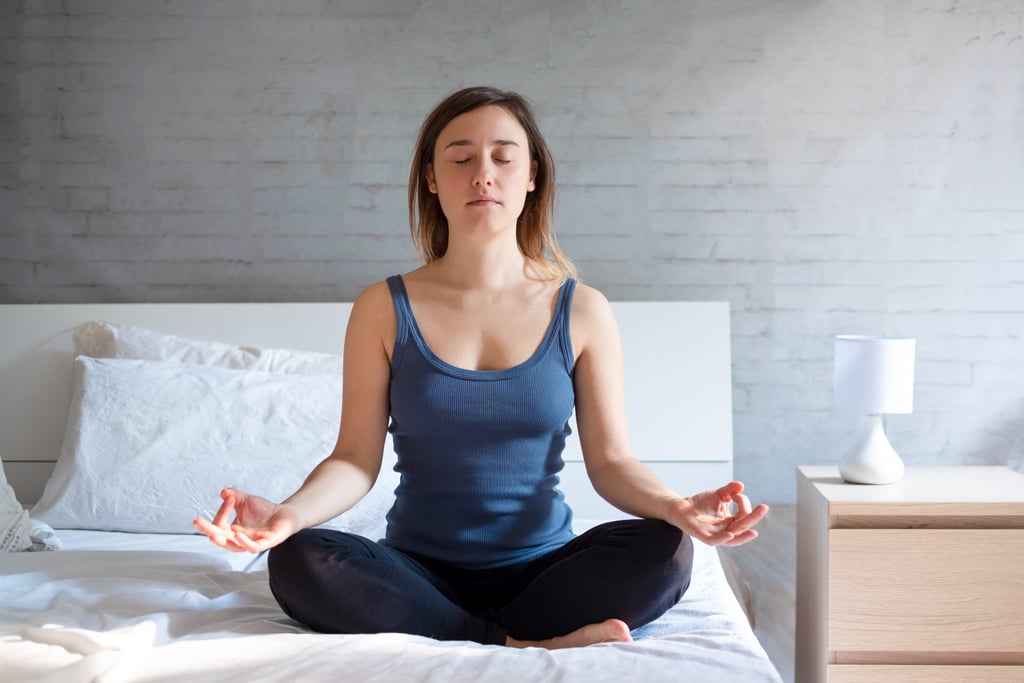 One study showed that lack of sleep affects brain function in the same way that alcohol does.
One study showed that lack of sleep affects brain function in the same way that alcohol does. - Sleep affects glucose metabolism and risk of type 2 diabetes. Limiting daily rest affects blood sugar levels and reduces insulin sensitivity, which can cause prediabetes in healthy adults in as little as six days.
- Sleep deprivation is associated with depression and other mental health problems. For example, around 90% of people with depression complain about the quality of their sleep. In addition, people with sleep disorders such as insomnia report significantly higher levels of depression than those who do not.
How does yoga nidra help people get enough sleep?
The translation of the word Nidra actually means sleep. Yoga Nidra for sleep is a deep level of mindfulness and relaxation practice that can help refine rest patterns and improve the quality of a person's sleep. She can do this because, as Kamini Desai states in her book Yoga Nidra: The Art of Transformative Sleep:
"[Yoga Nidra] is designed to put the mind to sleep, to consciously enter a state where the mind is naturally silent and still [.
..] Yoga Nidra is a unique meditative practice because it relies on natural a process of sleep that is already built into our system.Sleep is not something we have to learn.Our body already knows how to do it.The ancient yogis realized that they could follow the same path, descending into the state of sleep in order to consciously release from identification with thoughts."
When Desai says "identification with thoughts" he means the ability of Yoga Nidra to create new thought patterns. Guided meditation allows us to think about our thinking from a new perspective. It helps us rewire some of our thought patterns that stand in the way of our joy and well-being.
Here we can let go of the bad habits of the old, bad thought patterns and spark a better and more positive outlook on how we feel and think. It reduces anxiety, stress and anxiety and also allows people to sleep better due to reduced rumination. It is the process of thinking the same thoughts over and over, which tend to be gloomy.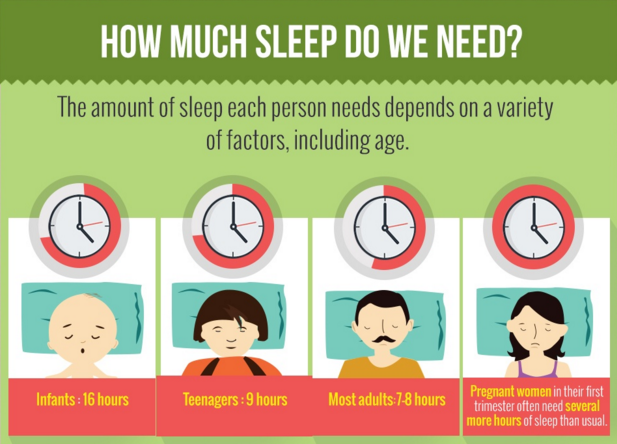 Unfortunately, this prevents millions of Americans from getting enough sleep every night. This is dangerous to a person's mental health and can impair their ability to process emotions. Yoga Nidra
Unfortunately, this prevents millions of Americans from getting enough sleep every night. This is dangerous to a person's mental health and can impair their ability to process emotions. Yoga Nidra
Through the practice of yoga nidra, people can end ruminative thinking and improve the quality of their sleep.
Yoga Nidra for sleep is one of the most affordable and effective yoga practices that will help you relax. It promotes inner peace, relieves stress and anxiety. This sleep meditation is a scientifically proven method to improve this aspect of your health and wellness. If you find it difficult to get quality sleep at night, practice Yoga Nidra.
Disclaimer
Like any form of exercise, yoga comes with risks. Yoga should be practiced with care and respect to avoid injury.
If you suffer from any medical condition or are not sure which type of yoga or exercise is best for you and your conditions, we encourage you to consult with a healthcare professional or your physician.
Frequently Asked Questions
Can I do yoga nidra before bed?
Yes, you can practice Yoga Nidra at any time of the day, including in the morning or before bed. The practice of Yoga Nidra is beneficial for those who have difficulty falling asleep or who wake up in the middle of the night and have difficulty falling asleep. If your goal is to use Yoga Nidra to improve sleep, then doing the practice in the evening is really very helpful. This will help you achieve a deeper state of sleep for a longer time.
When you do this exercise at night, you can become part of the conscious mind in the process of deactivation. After that, you may fall asleep due to your tired state. Relaxing the body and mind before going to bed will thoroughly prepare the entire body for rest. Despite the fact that during the exercise the person is awake and conscious, as a result of meditation, he will quickly relax and be ready for sleep. For best results, practice Yoga Nidra regularly.
Can Yoga Nidra replace sleep?
Sleep meditation can be very helpful. However, it cannot replace sleep. Yoga Nidra for sleep can help you feel well rested after a shorter time and allow you to enter a deeper state of relaxation, but it doesn't provide all of the same benefits as sleep. Quality sleep is essential for rejuvenation. It is critical to several aspects of health, including the health and well-being of our skin. Sleep meditation allows us to explore consciousness from a calm and receptive position that can be used to prepare for sleep rather than replace it.
Is yoga nidra better than sleep?
Yoga Nidra is a state of lucid sleep, when the whole body rests, and the brain remains conscious. This allows the entire body, mind and nervous system to relax completely. When a state of deep relaxation is achieved, the benefits of this yogic practice can be considered superior to ordinary rest.
Research shows that one hour of Yoga Nidra can be equivalent to several hours of sleep.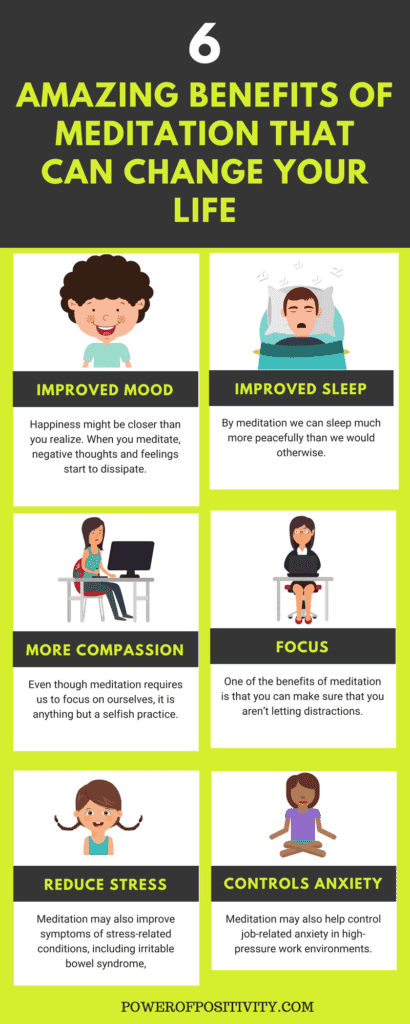 However, Yoga Nidra does not replace sleep, and both are necessary to achieve good health. Instead of a midday nap to relax, try replacing it with a 30-minute Yoga Nidra session.
However, Yoga Nidra does not replace sleep, and both are necessary to achieve good health. Instead of a midday nap to relax, try replacing it with a 30-minute Yoga Nidra session.
Resources Yoga-Nidra Anaachana
Yoga-Niser Vicki
● Yoga-NIRA
● Joga Nidra
● Questions and answers by yoga-nidra
● Sleep yoga for sleeping
● Advantages yoga-nidras
Blogs about yoga nidra
● What is yoga-nider
● Yoga-niper for beginners
● Sleep yoga
● Advantages of yoga nidra 9000
Relax
- 10 Top Benefits of Getting More Sleep.
- One hour of 'Yogic Sleep' equals 4 hours of regular sleep: Here's what you need to know... - Urban Yogi.
- A closer look at Yoga Nidra
- Six Beliefs About Yoga Nidra Debunked – Nolla pelli.

- In dreams we consciously control the plot of the dream
- Our spirit is separated from the body in reality, we can leave our body and move to any place on the planet
- This is a connection with a certain higher astral, access to "universal knowledge", "direct dialogue with God"
- These are alternate realities, parallel worlds
- 0019 Dharma Mittra Answers Readers' Yoga Nidra FAQs.
"out of the body" in sleep, tantra and mental disorders - Personal experience on vc.ru
In the last article we looked at why meditation has such an effect on our body and mind and what role the nervous system plays in this. Here we will go through the main "meditation" myths, find out how to get the maximum benefit from meditation, as well as avoid harm. Yes, yes, meditation can be harmful, so read carefully how to prevent this.
2911 views
Meditation and sleep
As I said in my previous articles, during meditation we need to strive to "fall asleep" while sitting . Realizing this, I no longer sat and waited for the moment when "thoughtlessness and peace will overshadow" me. After all, the very fact of expectation causes tension in the brain. When I started trying to "just fall asleep" without expecting anything, the results were stunning. The speed of immersion in meditation has increased significantly.
Hence the life hack - night meditations are very deep . Set an alarm for 3 a.m. (we need a deep sleep phase, you can track it by pulse through gadgets like wristwatches). Wake up and immediately, without really regaining consciousness, sit down to meditate. It is very easy to immediately go into deep meditation, feel complete relaxation and serenity. Therefore, this method is recommended for beginners. The main rule is to sit straight. The brain will be busy keeping the back upright, it will not be able to completely turn off, this will allow you to remain conscious.
In general, at a certain point in my passion for meditation, I began to notice that meditation and sleep are very similar in sensations. I became curious to explore their relationship, to find the boundary between them. For example, I tried to meditate while lying down and not fall asleep. In vain! No matter how much I tried, I fell asleep every time. At the same time, I slept well: a deep and serene sleep, not at all the same as before . So I discovered one of the most beneficial properties of meditation - to quickly fall asleep and sleep well. It is enough to lie down, start meditating and .. ready!
So I discovered one of the most beneficial properties of meditation - to quickly fall asleep and sleep well. It is enough to lie down, start meditating and .. ready!
I used to be unable to sleep during the day (even if I didn't get enough sleep) and didn't sleep well at night - excitable psyche, managerial stress, entrepreneurial responsibility. I had disturbing dreams about broken contracts, disgruntled customers and negligent employees. It turns out that if you meditate before going to bed, you can get enough sleep even in less time .
If you meditate for 10-20 minutes and then fall asleep, then meditation reduces the required sleep time by about an hour
Magic, as usual, is not here. The brain does not waste time "slowing down" our psyche and quickly goes into a restorative deep phase of sleep. This saves our time.
Now I don't care how much sleep I have left today and what will happen tomorrow - an early flight on a plane, a speech in front of a large audience, the delivery of a large project .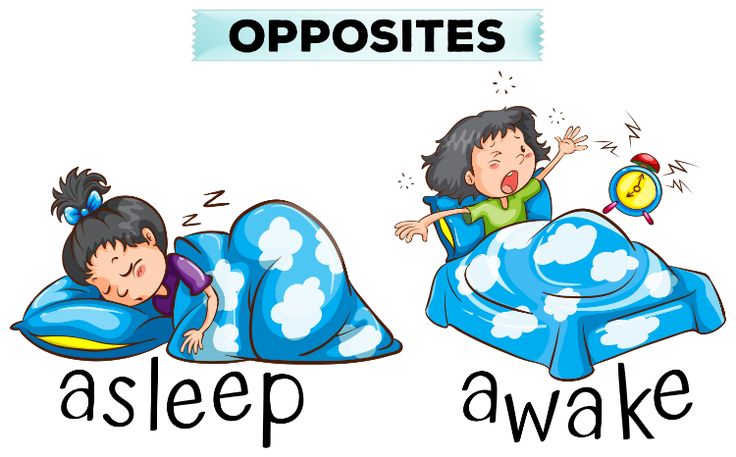 .. It does not disturb me in my sleep. It doesn't matter that I'm on a business trip on the other side of the planet and day and night have changed places. I can sleep lying down, sitting down and even napping standing up (for example, in the subway). My colleagues on a business trip are surprised how I can come to a cafe, place an order and sleep for 10 minutes while they carry it to me. I began to love airplanes, because now I get enough sleep in them, and do not sit with bulging red eyes for the entire flight, counting down the minutes before landing. The ability to manage your sleep for a hyper-busy person is hard to overestimate .
.. It does not disturb me in my sleep. It doesn't matter that I'm on a business trip on the other side of the planet and day and night have changed places. I can sleep lying down, sitting down and even napping standing up (for example, in the subway). My colleagues on a business trip are surprised how I can come to a cafe, place an order and sleep for 10 minutes while they carry it to me. I began to love airplanes, because now I get enough sleep in them, and do not sit with bulging red eyes for the entire flight, counting down the minutes before landing. The ability to manage your sleep for a hyper-busy person is hard to overestimate .
The ability to fall asleep easily and quickly allows me to use the so-called short sleep during the day . According to numerous studies, it is extremely useful and helps to quickly recover from the exhausting rhythm of life, especially with a jagged schedule. It has been proven that after a daytime sleep, concentration of attention increases significantly and memory improves. The development of depression is inhibited and mood improves, the risk of heart attacks and strokes is significantly reduced. It is important that daytime sleep last no more than 20-30 minutes . In this case, life biorhythms are not disturbed (there will be no nighttime insomnia), and awakening will be easy, without feeling overwhelmed.
The development of depression is inhibited and mood improves, the risk of heart attacks and strokes is significantly reduced. It is important that daytime sleep last no more than 20-30 minutes . In this case, life biorhythms are not disturbed (there will be no nighttime insomnia), and awakening will be easy, without feeling overwhelmed.
Daytime sleep was used by Winston Churchill, Margaret Thatcher, Eleanor Roosevelt, Leonardo da Vinci, Thomas Edison, John F. Kennedy. These people have always practiced napping and in doing so have achieved success and worldwide popularity. In their biographies, they often emphasized the benefits of daytime sleep and described how, from their point of view, it is better to practice it.
Unfortunately, in Russia daytime sleep is just as much underestimated as meditation. When I tell you that we have a special nap room at Rubius and any employee can go there to take a nap in the middle of the working day, they look at me like I'm crazy.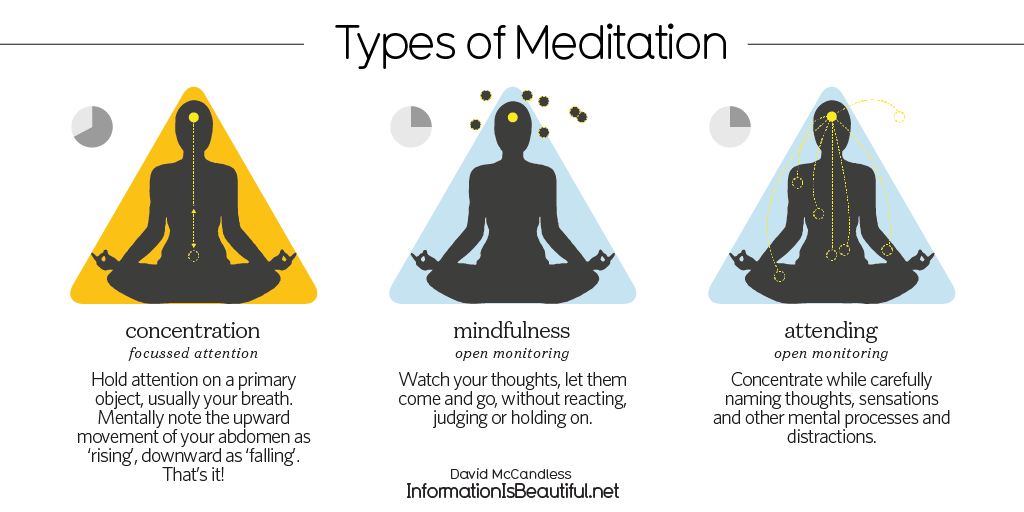 And I believe that for a company that operates worldwide and has late / early calls, such a room is a necessary concern for the health and productivity of employees.
And I believe that for a company that operates worldwide and has late / early calls, such a room is a necessary concern for the health and productivity of employees.
By the way, I recently tried PrivateNap special sleep capsules - they work effectively. In companies where there are no such capsules or a room, you can sleep during the day either in your cars or in soundproof office cubicles like our Qubius. 20 minutes easily fits into an hour lunch break and will allow to work the second half of the day with the same efficiency as the first .
Lucid Dreams
The most curious effect that I accidentally discovered during my experiments with meditation on the verge of sleep is lucid dreaming. This turned out to be unexpected for me. I was very surprised, interested and began to get to the bottom of the matter.
Surely, many have heard about lucid dreams. They are also known as "out of body", "astral travel" and so on. Their essence lies in the fact that . .. but here opinions differ:
.. but here opinions differ:
In general, what they just do not write on the Internet about this. Let's try to figure it out together.
Lucid dreams have occupied people since ancient times. Such practices have existed in Eastern mysticism for thousands of years. Western civilization, on the other hand, always strives to comprehend everything with a rational mind, not trusting sensations (and in this I am its most typical representative). Galen back in the 2nd century AD. wrote a treatise "On Diagnosis with the Help of Dreams", where he hinted at the possibility of controlling dreams. But for some reason, until the 19th century, there were no serious studies on this subject. In 1889, Frederick van Eeden began to keep a dream diary, trying to systematize them, and after "some" 8 years he experienced the first lucid dream.
But for some reason, until the 19th century, there were no serious studies on this subject. In 1889, Frederick van Eeden began to keep a dream diary, trying to systematize them, and after "some" 8 years he experienced the first lucid dream.
For a long time, spears broke around lucid dreams: some claimed that they see them, others - that they are fictions and lies, and still others fantasized and actively mixed in mysticism. And all because there was no effective way to determine the very fact of "awareness" of a dream. Scientists puzzled over this for a long time, came up with all sorts of cunning abstruse devices. But all this remained doubtful, the studies were subjected to merciless criticism, and the researchers were completely accused of charlatanism.
And so, in 1980, Stephen LaBerge from Stanford University came up with a special sign - it was necessary to move the eyeballs in a certain sequence. But in a dream, the eyes move randomly, how to eliminate random coincidences? To do this, in a dream it was also necessary to sing and count, which was recorded by the encephalogram as peaks of activity in the corresponding parts of the brain.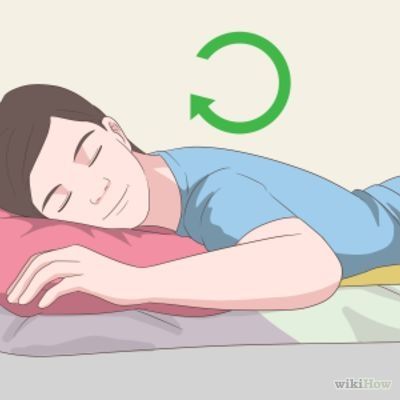 Thanks to such a complex technique, the world for the first time received confirmation that it is really possible to remain conscious in a dream without waking up .
Thanks to such a complex technique, the world for the first time received confirmation that it is really possible to remain conscious in a dream without waking up .
So, it gradually became clear that:
Lucid dreams occur during REM sleep when the sensory-motor cortex of the brain awakens, usually lasting up to 7 minutes
Thanks to the achievements of science, the practice of entering into lucid dreams has developed significantly. In ancient times, in order to experience them, one had to go to the temple and purify one's consciousness there. Then maybe you will learn it (or maybe not). Literally a hundred years ago, you just had to practice meditation hard, and then, literally in a few years, you would have succeeded. Now this phenomenon is so well studied that you can learn how to manage dreams with the help of simple tricks in a matter of days (maximum - in a week).
To control a dream, one must "take control", make the dream conscious, not chaotic
To do this, first of all, you need to realize that everything that happens around is just a dream. In a dream, this is not obvious, the brain believes that the world around is real. So some test is done first. Remember how in the movies - "pinch to make sure it's not a dream"?
In a dream, this is not obvious, the brain believes that the world around is real. So some test is done first. Remember how in the movies - "pinch to make sure it's not a dream"?
I tried to pinch myself, but it didn't seem to make much sense in my dream. To determine that I am in a dream, I do some crazy act: I jump off a cliff, I run up and hit my head against the wall. Firstly, I understand that in my life I would never do this. And secondly, if nothing special happened after that (I'm still alive, and the dream itself adjusted to this event), then I'm sleeping. After that, I can control my dream as I please. Now I am a creator god in my fictional fantasy world! Do what you want, fulfill any secret desires - there are no boundaries.
Where did all these stories about "out of the body" and space flights come from? The feeling of levitation can be experienced without falling asleep, in ordinary meditation. Surely you have seen the images in the pictures about meditation, in which people levitate (hover at some distance from the surface).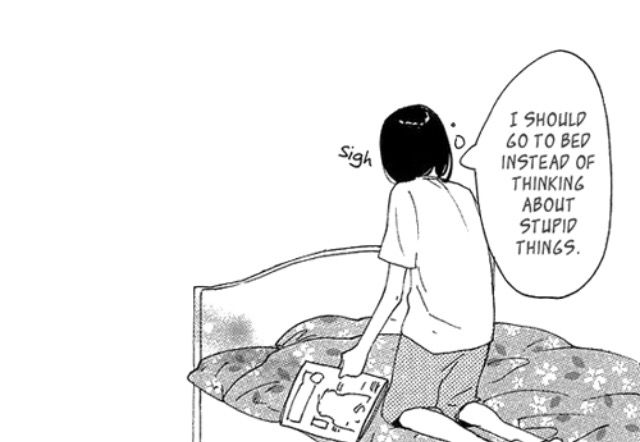 Consciousness remains, but the areas of the brain responsible for bodily sensory fall asleep. We cease to feel the effect of gravity on the body and the resistance of the chair to the pressure of our fifth point. This is often accompanied by a pleasant tingling sensation in the muscles. And we seem to be floating, a kind of pseudo-levitation.
Consciousness remains, but the areas of the brain responsible for bodily sensory fall asleep. We cease to feel the effect of gravity on the body and the resistance of the chair to the pressure of our fifth point. This is often accompanied by a pleasant tingling sensation in the muscles. And we seem to be floating, a kind of pseudo-levitation.
Exiting the body in lucid dreams is the same. If you enter a state of guided dreaming from your waking state, there is a physical feeling of "floating". The brain replaces body signals with made-up signals. Hence the feeling of "out of the body", and very realistic. As if we are breaking away from the body and flying, there is even a feeling of wind.
Thus, lucid dreams exist, and we can actually control the plot of the dream. All other interpretations have not received any scientific confirmation.
What is usually done in guided dreams? I asked people. Someone is flying harmlessly (enjoying this pseudo-physical feeling of flying).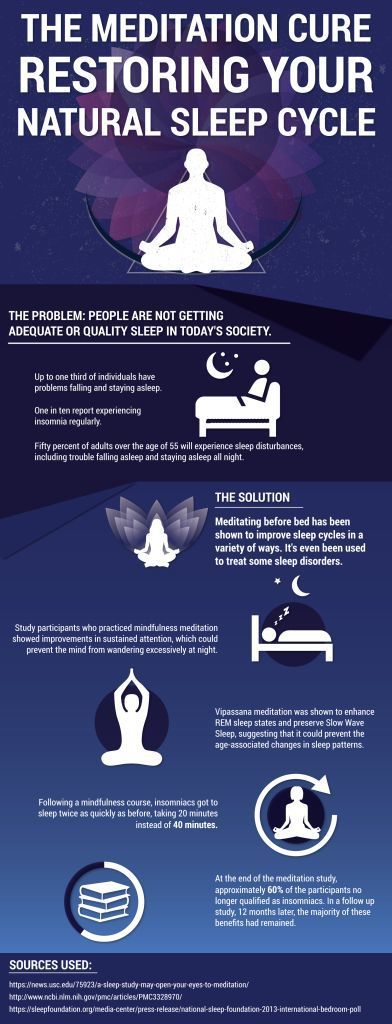 Someone is listening to some wonderful music. Someone tries on new outfits or drives sports cars. And someone does all sorts of stupid things that they would never do in their life: smashing everything in the style of a GTA game and even fulfilling sexual fantasies.
Someone is listening to some wonderful music. Someone tries on new outfits or drives sports cars. And someone does all sorts of stupid things that they would never do in their life: smashing everything in the style of a GTA game and even fulfilling sexual fantasies.
I wondered, how do lucid dreams affect the psyche? Suddenly, people want to repeat in reality what they previously allowed themselves only in the fictional world of dreams?
It turned out that there are already studies on this subject. Indeed, there may be a "gaming syndrome" , because in fact guided dreams have the same effect as a game in virtual reality with full immersion.
On the other hand, it can also be used for good. It turned out that in a controlled dream we can controllably throw out the accumulated "bad energy" . And yet, it turns out, there are methods of therapy for working through internal fears : Fear of public speaking, heights or spiders. It is enough to model these situations in your dreams.
There is another curious effect. After I learned to control my dreams, I almost stopped having nightmares . Now I can "intercept" them and correct the plot. Probably, because of this, the brain became uninteresting in scaring me with all sorts of horror stories.
In any case, I personally think that being able to control dreams is much better than living uncontrollable nightmares and waking up in a panic attack when some monstrous, disgusting, nightmarish monster is already eating you up! 😉
Pulse and Tantra
The work of the nervous system is reflected in all the processes of the body, including the heart rhythm. Therefore, it is an indicator of the state of the nervous system. The pulse is slow - the nervous system is inhibited, if it is fast - it is excited . It is obvious. But there is another heart rate parameter, more interesting - heart rate variability (Heart Rate Variability), that is, a change in the period of neighboring heartbeats.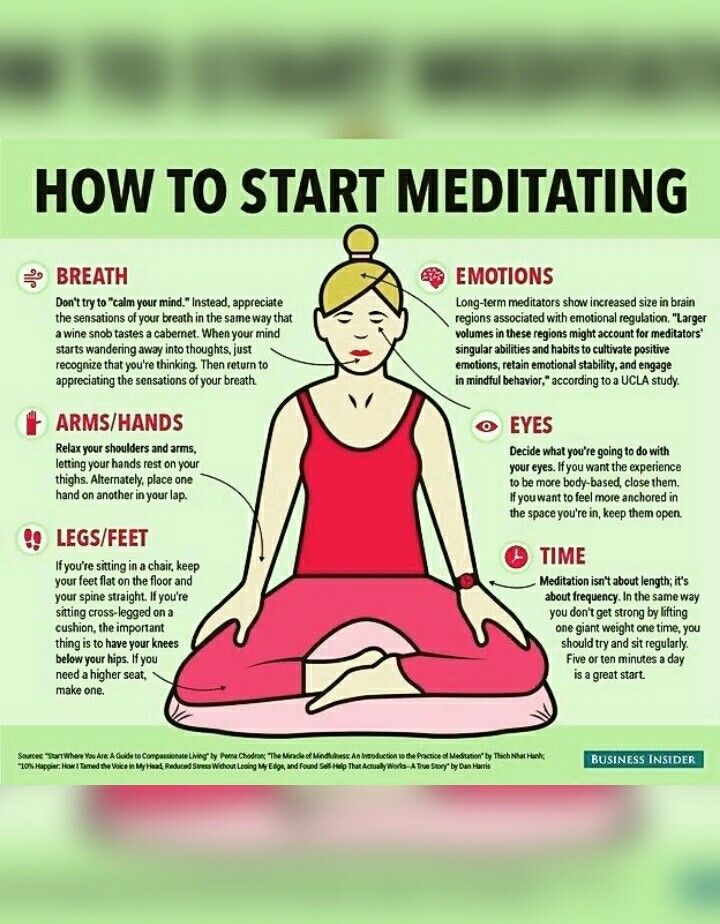 It is different, because somewhere the signal to contract the heart muscle went faster than necessary, somewhere it lingered ... Analyzing this parameter, you can also measure the quality of meditation (before, during, after), sleep, stress, physical training , the degree of fatigue, excitement and so on. To do this, you only need a smartphone or a heart rate monitor, so this is now a trend in the healthy lifestyle movement.
It is different, because somewhere the signal to contract the heart muscle went faster than necessary, somewhere it lingered ... Analyzing this parameter, you can also measure the quality of meditation (before, during, after), sleep, stress, physical training , the degree of fatigue, excitement and so on. To do this, you only need a smartphone or a heart rate monitor, so this is now a trend in the healthy lifestyle movement.
Since the pulse directly reflects the quality of meditation, I believe that meditation focusing on the heartbeat is the most effective . It is only necessary to slow down the pulse with the help of breathing and relaxing the muscles. Are you nervous before a performance? Can't sleep or concentrate? Breathe and relax, slow down the pulse.
And vice versa. If apathy has overcome before a performance or a sports competition (were nervous!), you need to speed up the pulse . For example, push-ups, pull-ups, say a few emotional phrases - this will speed up the pulse and excite the nervous system so that it works as expected, at the maximum.
One more interesting topic is closely connected with the pulse, about which I am asked - tantric teachings and myths about them . I have already pointed out in previous articles that sexual arousal itself is accompanied by an altered state of consciousness. It is necessary for the brain to cause the physiological changes necessary to achieve orgasm: an acceleration of the pulse, a change in blood supply, the production of a whole bunch of hormones. This occurs in both sexes, although in slightly different ways (we won't go into details, it's beyond the scope of this article).
If you know how to control an altered state of consciousness, you can control the duration of the process, the quantity and quality of orgasms, and their simultaneity. This is done through breathing, focus control, muscle tension and relaxation .
Tantric teaching, in fact, is built on these processes, although it has a more complex conceptual base. And in general, real tantra is not about sex at all and achieving orgasm is not required there. The followers of this teaching strive to "manage the energies", actually being in a state of altered consciousness (meditative state), which in itself sharpens the sensory. An important point in tantra is not concentration on oneself and one's feelings, but the desire to feel the partner as much as possible.
The followers of this teaching strive to "manage the energies", actually being in a state of altered consciousness (meditative state), which in itself sharpens the sensory. An important point in tantra is not concentration on oneself and one's feelings, but the desire to feel the partner as much as possible.
In general, it is not necessary to live in a Tibetan monastery for years and practice difficult yogic postures, clearing the mind, exercising different muscles and pumping energy through the right chakras. Just love each other.
When is meditation too much?
Everything in our life can be beneficial or harmful, it depends on the balance. For example, let's take sports. Seems like a useful thing. But its misuse or excessive fanaticism can lead to negative consequences for the body. When sports are in moderation, muscle tone improves, vigor and energy overwhelm us. When there is too much of it, the body enters a state of stress: lethargy, weakness appear, the process of catabolism starts (the body destroys its own muscles).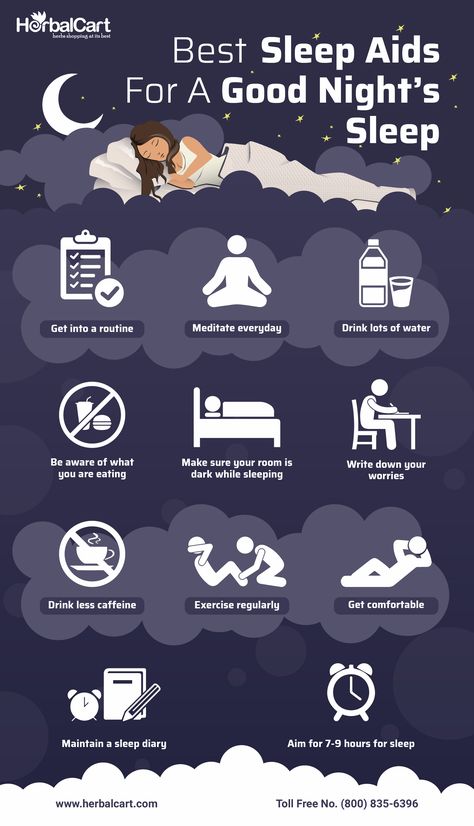 It's the same with strict diets, vitamins, and... meditation. Its positive effect is difficult to overestimate, it is confirmed by thousands of studies. But excessive fanaticism in this matter not only does not give any benefit, but can seriously harm. After all, meditation is closely related to our psyche and nervous system.
It's the same with strict diets, vitamins, and... meditation. Its positive effect is difficult to overestimate, it is confirmed by thousands of studies. But excessive fanaticism in this matter not only does not give any benefit, but can seriously harm. After all, meditation is closely related to our psyche and nervous system.
Abuse of meditation can cause mental disorders . They are similar to the symptoms of gambling addiction syndrome (in those who disappear for days in games), bipolar disorders and schizophrenia.
How do these disorders manifest themselves? Consider the effect of "derealization", or loss of connection with reality . A person's sensory perception changes: the surrounding reality is seen as "flat", like scenery, colors are lost, the picture becomes fuzzy, and sounds become muffled. Because the world is perceived as unreal, strange desires may arise, such as going out the window or hitting someone. Not at all because of suicidal impulses or aggression, but only to check how real this world is. About the same way I define the reality of the world in my lucid dreams. In addition, there may be a feeling of deja vu and some creatures seem to be imagined (perhaps this is where the stories about devils and demons come from?).
About the same way I define the reality of the world in my lucid dreams. In addition, there may be a feeling of deja vu and some creatures seem to be imagined (perhaps this is where the stories about devils and demons come from?).
Another effect is "depersonalization" . It is accompanied by a violation of self-perception, that is, one’s own actions are perceived as if from the outside. The opportunity to express emotions is lost - to rejoice, to be sad. Perceptual receptors are dulled. All actions are done on autopilot. Loss of motivation and interest in life.
When I discovered the wonderful world of meditation and enthusiastically began to practice without measure, at a certain moment I felt these effects for myself. "What nonsense?!" I thought. - And where are the promised enlightenment, super brain and superpowers? Maybe I'm doing something wrong? Or maybe it’s even dangerous for the psyche?!” As a result, I gave up meditation for a year, because I was afraid to go crazy and lose motivation and ambition. Renunciation from the frailty of being is not in my plans.0003
Renunciation from the frailty of being is not in my plans.0003
Finally, my curiosity got the better of me and I began to understand the subject little by little. It turned out that is a quite ordinary and well-studied reaction of the brain to such overloads of . All in all, you need to know the measure, as in training, dieting, work and rest - in everything. What is the measure of meditation?
Meditation is most beneficial (in terms of time-to-result ratio) in 20-30 minutes per day
A good effect will be even from one meditation, but regular ones lead to a cumulative effect.
I don't recommend meditating for more than an hour a day . Multi-day "enlightenment retreats" in the mountains of Tibet will benefit you more through a change of scenery and environment than through long meditation sessions. So, it’s easier to go somewhere on vacation and allocate half an hour a day there. Deep retreats sometimes lead to a reassessment of all values in life, when people leave everything upon their return.